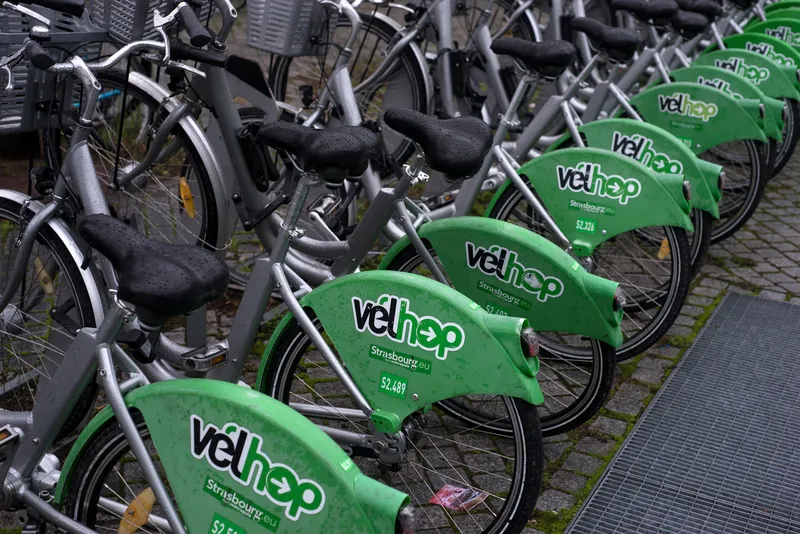
Public bike share provider Nextbike is expanding in France with a scheme for the eastern city of Mulhouse and the wider Alsace region set to start next spring.
Nextbike will initially operate around 640 e-bikes across 64 stations. With this scheme, over eight municipalities within the Mulhouse Alsace Agglomération, near the borders with Germany and Switzerland, will become part of the new bike-sharing network.
The service will be integrated into the public transportation network via the region's MaaS platform.
It was last year that Nextbike entered the French market by providing hardware and software for the Strasbourg scheme Vélhop. In recent months, Nextbike brought its mobility solutions to Greece, Kosovo and Portugal and now operates more than 300 locations in 24 countries.
Jhon Ramirez, Nextbike’s regional general manager for south-west Europe, insists: “The need for not just sustainable, but also dynamic, affordable mobility solutions is becoming ever more evident across Europe, especially in the south, where European Union funding [is] very valuable to achieve the climate goals and make public transport more accessible.”
With the Elliniko scheme in Athens, Nextbike entered the Greek market for the first time, providing around 50 e-bikes.
In Kosovo, Prishtina Bike was launched in September in collaboration with long-term franchise partner Nextbike Croatia. The scheme offers 100 pedal bikes across 10 stations in the city.
The first Portuguese project was launched during European Mobility Week in September. Around 200 pedal bikes are now available across 50 stations to visitors and inhabitants of Barcelos.










